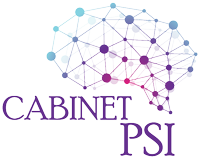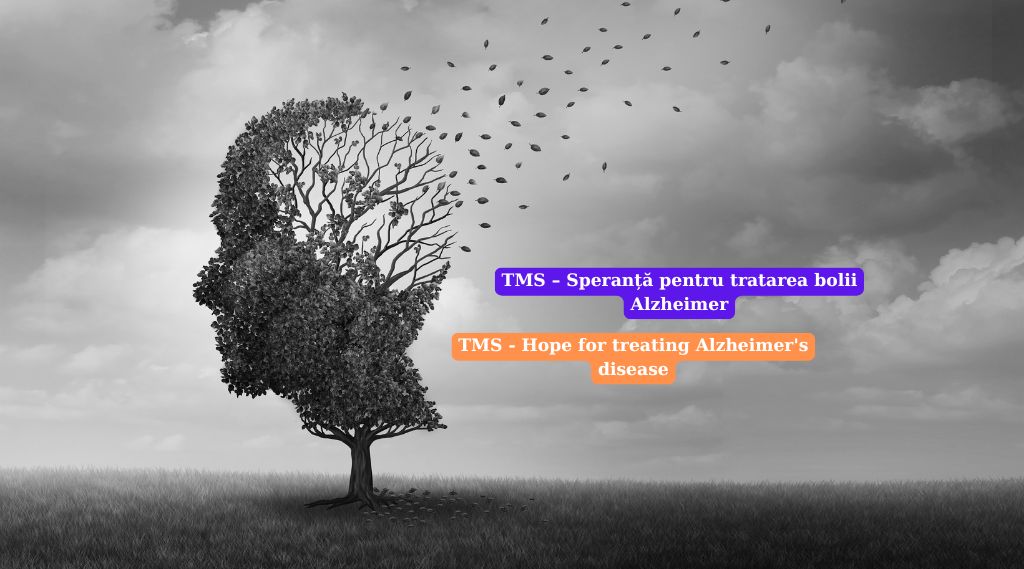
Caffeine: a surprising ally in combating the effects of alcohol
3 December 2024
SAINT Protocol: A New Hope for Depression Treatment
29 January 2025As Alzheimer’s disease continues to affect millions of people around the world, researchers are exploring innovative therapies to slow cognitive decline and improve brain function. Among these approaches, non-invasive brain stimulation (NON-INVASIVE BRAIN STIMULATION ) has stood out as a promising method to improve cognitive abilities in people suffering from Alzheimer’s disease. Backed by mounting evidence, these techniques can offer new hope to patients and their families.
What is Non-Invasive Brain Stimulation?
Non-invasive brain stimulation involves techniques that modulate brain activity without requiring surgery. These methods target specific regions or networks of the brain, stimulating neural activity and improving brain plasticity – the brain’s ability to adapt and reorganize.
The main methods of brain stimulation include:
- Transcranial Repetitive Magnetic Stimulation (rTMS) – treatment you can benefit from at CabinetPsi: It uses magnetic fields to activate certain areas of the brain.
- Direct Transcranial Electrical Stimulation (tDCS): Applies low-intensity electrical currents to modulate neural activity.
- Transcranial Current Alternating Current Stimulation (tACS): Uses alternating currents to synchronize neural oscillations.
- Visual-Auditory Stimulation and Photobiomodulation: Uses light or sound stimuli to improve cognitive function.
- Transcranial Focused Ultrasound (tFUS): Uses ultrasound waves to target deep brain structures.
How Non-Invasive Brain Stimulation Helps Patients with Alzheimer’s Disease
Recent studies show that non-invasive brain stimulation can positively influence cognitive functions by targeting certain brain networks. For example, the fronto-parietal network, involved in working memory and decision-making, and the default mode network, essential for self-referential thinking and memory, showed promising results following stimulation.
The main benefits of Non-Invasive Brain Stimulation in treating Alzheimer’s disease include:
- Increased brain plasticity: Non-invasive brain stimulation techniques help the brain form new connections, compensating for the loss of neurons caused by Alzheimer’s disease.
- Improved cognitive functions: Many patients notice improvements in memory, attention, and problem-solving skills after using these therapies.
- Possibility of personalized treatments: Future advances could allow the development of personalized protocols, adapted to the structure and needs of each individual, increasing the effectiveness of the treatment.
Challenges and the road to the future
Although promising, non-invasive brain stimulation in the treatment of Alzheimer’s disease is still in its infancy. Several challenges remain, including:
- Protocol standardization: Differences in the intensity, duration, and frequency of stimulation make it difficult to establish universally accepted treatment guidelines.
- Long-term effectiveness: More research is needed to determine the long-term effects and safety of these techniques.
However, ongoing studies and technological advancements continue to fuel optimism. Personalizing treatments based on individual brain characteristics is a highly promising research direction that could lead to more precise and effective therapies.
A hopeful future for treating Alzheimer’s disease
Although there is still no cure for Alzheimer’s disease, the development of non-invasive brain stimulation is a ray of hope. By improving brain plasticity and targeting key cognitive networks, these techniques have the potential to slow cognitive decline and improve the quality of life of those affected by this devastating condition.
As researchers overcome existing challenges and refine non-invasive brain stimulation protocols, this emerging field offers a promising avenue in the fight against Alzheimer’s disease.
For more information on the latest advances in non-invasive brain stimulation and its role in treating Alzheimer’s disease, read the full article here
Patients can schedule consultations for TMS (Transcranial Magnetic Stimulation) treatment at the Psi Cabinet, where our specialists offer modern solutions for mental health.
Find out more details by accessing https://www.cabinetpsi.ro/!


